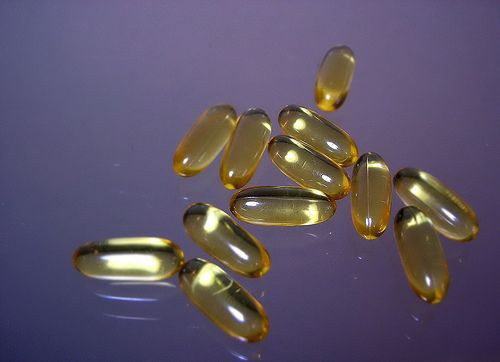Taking DHA During Pregnancy Protects Infants From Colds

Study found that consuming Docosahexaenoic Acid (DHA) a brain-essential omega-3 fatty acid, during pregnancy helps protect babies against illness during early infancy.
Omega 3’s is a family of long -chain polyunsaturated fatty acids that are essential nutrients for health and development. Omega 3 fats are essential in maintaining the balance production of prostaglandins. Prostaglandins help regulate physiological functions including blood pressure, blood clotting, nerve transmission, inflammatory and allergic responses. Science evidence suggests that Omega 3's lower high triglycerides and it also helps prevent heart disease stroke and untreated diabetes.
Researchers at Emory University studied trials following 1,100 pregnant women and 900 infants in Mexico. The women were given daily supplements of 400mg of DHA from 18 to 22 weeks gestation through childbirth.
The study found that those mothers who took DHA supplements had infants with fewer bouts of illness and colds during the period of one, three and six months of age.
"This is a large scale, robust study that underscores the importance of good nutrition during pregnancy," says Usha Ramakrishnan, PhD, associate professor, Hubert Department of Global Health at Emory's Rollins School of Public Health. "Our findings indicate that pregnant women taking 400 mg of DHA are more likely to deliver healthier infants."
In the study infants of mothers who took DHA supplements at one month of age had reduced occurrence of cold symptoms by 25 percent, shorter duration of cough, phlegm and wheezing. At third month infants spent 14 percent less time being ill. At six months, infants had less duration of fever, nasal secretion, difficulty breathing and rash.
Ramakrishnan and her colleagues have previously reported findings that show offspring of women pregnant with their first child who received 400 mg DHA during pregnancy delivered babies who were 100 grams heavier at birth and 3/4 cm longer at 18 months of age.
The study, funded by the NIH and the March of Dimes Foundation, also found increased DHA levels in breast milk. All of the infants participating in the study were breastfed.
Published online in the journal Pediatrics



























